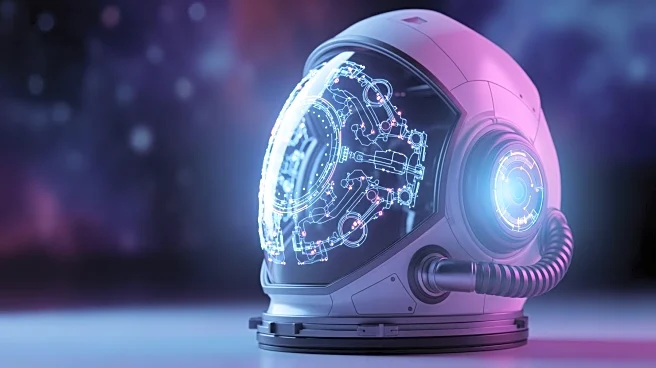What's Happening?
A new guide on 'astroimmunology' has been published, detailing how spaceflight affects the human immune system and proposing solutions for future space missions. The guide, published in Nature Reviews Immunology, synthesizes data from various space missions to
establish a framework linking spaceflight stressors like microgravity and radiation to immune dysfunction. It outlines a clinical roadmap for astronaut health, including advanced immune monitoring, tailored vaccination protocols, and the development of 'space nutraceuticals.' The research also suggests that spaceflight-induced immune changes mirror aspects of aging on Earth, offering insights into terrestrial aging research.
Why It's Important?
As space exploration advances, understanding and mitigating the health risks associated with space travel becomes crucial. The findings in astroimmunology could lead to improved health protocols for astronauts, ensuring their safety on long-duration missions to the Moon, Mars, and beyond. Additionally, the parallels between spaceflight-induced immune changes and aging could provide valuable insights into aging processes on Earth, potentially leading to breakthroughs in age-related health issues. This research underscores the importance of interdisciplinary approaches in addressing the complex challenges of human space exploration.

















